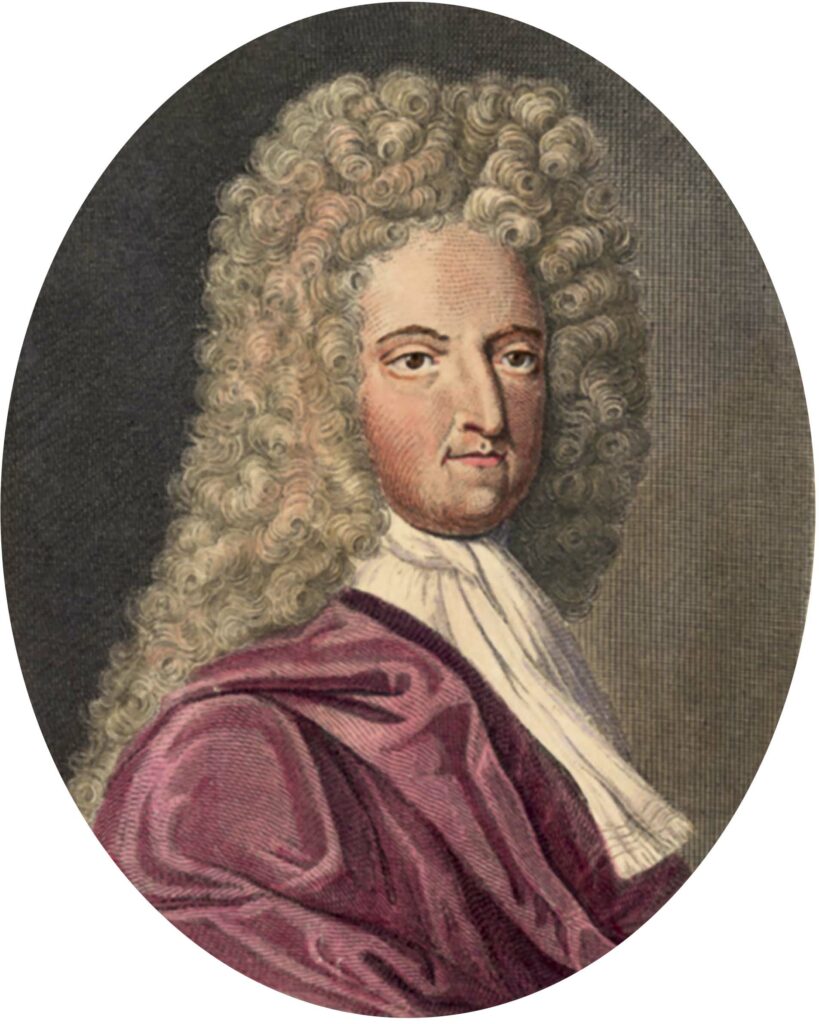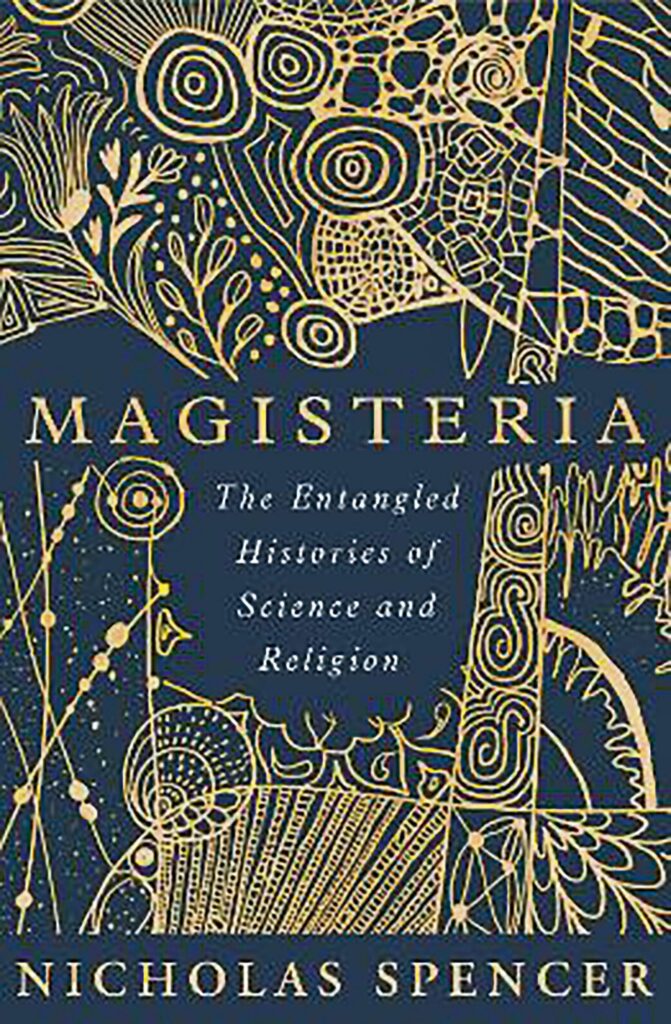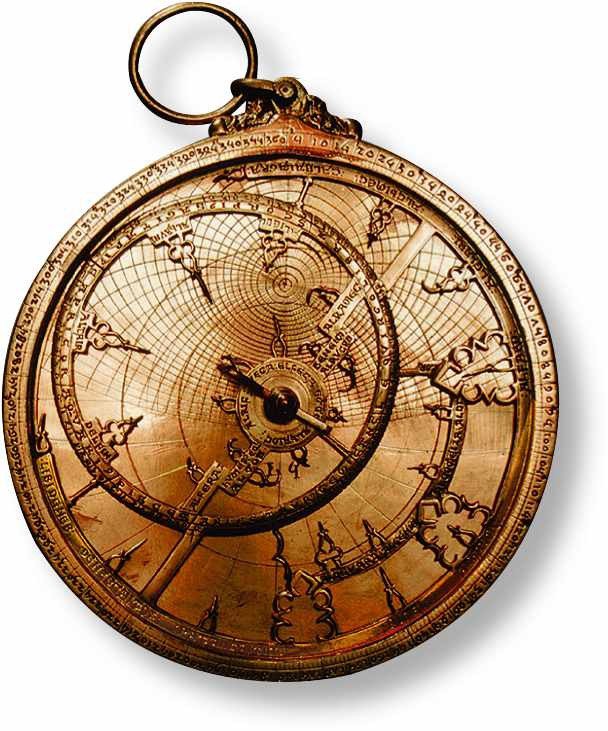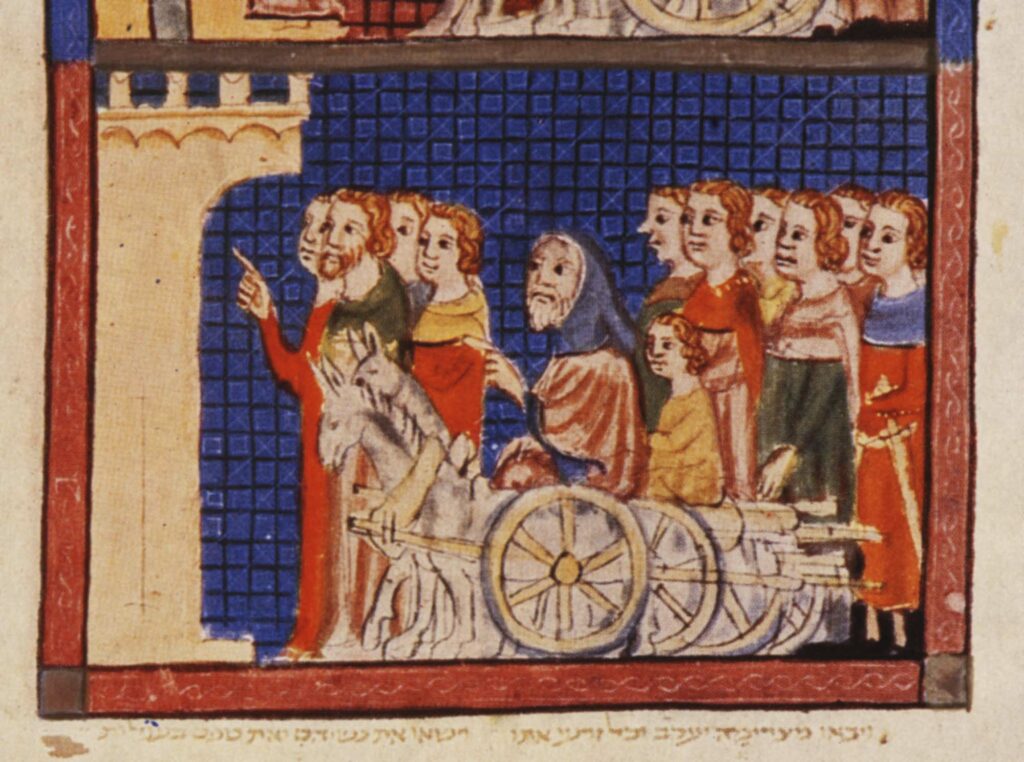Your letters
LETTER OF THE MONTH
Pirates and pen names

Sam Willis’s entertaining article about Charles Johnson’s scandalous works popularising robbers, pirates and highwaymen (Murder and Mayhem in Georgian Britain, March) reignites a long controversy about the true identity of the author.
Although the so-called “Captain” Johnson demonstrates a sound knowledge of seafarers’ speech and lifestyle in his books, no record exists of any contemporary captain or pirate of that name. Captain Johnson was therefore probably the pen name of a London writer-publisher exploiting the name of dramatist Charles Johnson, who had staged a successful play about pirates a few years earlier.
Literary scholar JR Moore suggested that Daniel Defoe was the real author of Johnson’s work, believing its style and treatment of seafaring and criminality to be similar to other works of his. Moore’s argument was convincing enough for many libraries to re-catalogue Johnson’s work under Defoe’s name, and reprints of his books are still attributed to Defoe, although there is no concrete evidence to justify this.
The author is just as likely to be the journalist Nathaniel Mist, who had been a sailor in the Caribbean and registered A General History of the Robberies and Murders of the Most Notorious Pyrates with His Majesty’s Stationery Office in his own name in 1724. He had worked closely with Charles Rivington, who first published it.
Ian MacDonald, Essex

We reward the Letter of the Month writer with a copy of a new history book. This issue, that is Magisteria: The Entangled Histories of Science and Religion by Nicholas Spencer. You can read our review HERE
Medieval magnificence
Ian Mortimer’s article on the expansion of cultural horizons in the Middle Ages (The Age of Transformation, February) was so astonishingly good that I felt moved to write in for the first time to commend him for the work, and the magazine for publishing it. It takes a rare skill and talent to take a supposedly well-known era of history and completely transform readers’ perspective on it, which Ian Mortimer does with apparent ease in a piece that was in turn provocative, delightful and deeply original.
It isn’t really the custom any more, but if I had a cap I would certainly doff it in Ian’s direction. No doubt, the number of caps in existence grew by an impressively large multiple between 1000 and 1500 – growth matched only by the quality of cap doffing which to this day still lags behind the levels that were achieved in the late Middle Ages in some quarters.
Russell Powell, Abingdon
Broader horizons

The feature on historical re-evaluation of the Middle Ages misses a key point: the comparison should not be between this European era and western eras beforehand or afterwards, but between Christian Europe and other non-Christian regions in the same era.
In China, for instance, the era of the Song dynasty witnessed the flourishing of science, philosophy and mathematics and advancements in engineering, while the succeeding Ming era saw developments in geography and unprecedented exploration. Central Asia in the Middle Ages had its heyday of enlightenment in astronomy, algebra, philosophy and medicine, among other advances, until the Mongol depredations destroyed their water resources and decimated the populations. Even under Mongol rule, Iran continued to take major strides in astronomy.
Pointedly, and closer to Christian Europe, in Iberia and Sicily the Arab rule brought in leapfrogging strides in agriculture engineering, mathematics, medicine and architecture. These regional comparisons suggest that, actually, Christian European civilisation fell substantially behind.
Safwan Afifi, Dubai
Continuity and change
I found Ian Mortimer’s article very interesting. Having read many books on the medieval era, I am always fascinated by how similar the human experience can be over time – and how different. I particularly liked the reference to Hardwick Hall, created by one of my favourite historical figures, Bess of Hardwick.
However, I take issue with the statement that the famine of 1594–97 was the last time that “large numbers of English people died from starvation”. This seems to overlook the many who died as a result of English policies around food and cash cropping in places such as India and Ireland. And, while the English may have “never been slaves” after the 11th century, many certainly profited from the slave trade for centuries afterward.
Amanda Paterson, Victoria, Australia
Nothing new under the sun
Ian Mortimer suggests that a 10th-century Andalusian “Rip Van Winkle” would have been as astounded by changes waking up during Columbus’s embarkation in the 15th century as his equivalent waking up in the 20th century. However, isn’t this greatly dependent on his ethnicity?
If a Jewish man in Andalusia would have fallen magically asleep, after surviving the Visigothic expulsions and forced conversions of the seventh century, he would have felt right at home in 11th-century “golden age” Granada, where a pogrom resulted in the death of 4,000 Jewish people.
Had he woken up after another four-century sleep, he would not have been astounded to hear that all the Jews had been compelled to leave Spain by 31 July 1492 or face being killed. Nor would he be greatly surprised, waking up 400 years later, to learn that Spain was practically “Judenrein”.
Rather than being astonished, would he not more likely have quoted Ecclesiastes 1: “There is nothing new under the sun”?
Eyal Meltzer, Holon, Israel

First course
With reference to the recent feature on British Restaurants (Eat for Victory, January), my wife of just 90 minutes and I enjoyed our first meal together with our family and friends at 1pm on Saturday 16 July 1966 at the Hayes, Middlesex Civic Restaurant (as British Restaurants were named after the war). This was 12 years after it was said that most had closed; the restaurant had stayed in operation this long to feed the many factory workers in the centre of our town. It did close shortly afterwards, as the industry shut up shop – but still opened for private bookings on Saturdays to provide staff with overtime and as a low-cost venue for such gatherings.
Stuart Hunter, Hampshire
Difficult viewing
The image of renowned explorer Richard Burton being borne by Africans in February’s Anniversaries was particularly difficult for me to see, being an African myself. I agree it’s all part of history and history may not be comfortable – but honestly, I wish that such images did not have to be reprinted. I wish not to be reminded of a time my ancestors were no more than beasts of burden!
Nonetheless, keep the very rich articles coming. I love the magazine!
Aghogho Umukoro, Durham
WRITE TO US
We welcome your letters, while reserving the right to edit them. We may publish your letters on our website. Please include a daytime phone number and, if emailing, a postal address (not for publication). Letters should be no longer than 250 words.
Email: letters@historyextra.com
Post: BBC History Magazine, Immediate Media, Eagle House, Bristol, BS1 4ST
The opinions expressed by our commentators are their own and may not represent the views of BBC History Magazine or Immediate Media Company
EDITORIAL TEAM
Editor Rob Attar robertattar@historyextra.com
Deputy editor Matt Elton mattelton@historyextra.com
Production editor Spencer Mizen
Section editor Rhiannon Davies
Picture editor Samantha Nott samnott@historyextra.com
Art director Susanne Frank
Senior deputy art editor Rachel Dickens
Podcast editor Ellie Cawthorne
Content director Dr David Musgrove
Digital editor Elinor Evans
Premium content editor Rachel Dinning
Deputy digital editor Kev Lochun
Freelance subeditors: Paul Bloomfield, Rebecca Franks
Fact-checkers: Dr Robert Blackmore, John Evans, Josette Reeves, Dr Daniel Adamson, Daniel Watkins, Rowena Cockett
Picture consultant: Everett Sharp
ADVERTISING & MARKETING
Advertising manager Sam Jones 0117 300 8145 Sam.Jones@immediate.co.uk
Senior brand sales executive Sam Evanson 0117 300 8544
Brand sales executive Victoria Allan 0117 300 8212 Victoria.Allan@immediate.co.uk
Group direct marketing manager Laurence Robertson 00353 5787 57444
Subscriptions director Jacky Perales-Morris
Direct marketing executive Aisha Babb
US representative Kate Buckley buckley@buckleypell.com
PRESS AND PUBLIC RELATIONS
PR manager Natasha Lee Natasha.Lee@immediate.co.uk
SYNDICATION
Director of licensing & syndication Tim Hudson
International partners’ manager Anna Brown
HISTORYEXTRA PODCAST
Head of podcasts Ben Youatt
Podcast producer Jack Bateman
Podcast deputy Brittany Collie
Podcast editorial assistant Emily Briffett
Podcast coordinator Emily Thorne
Podcast assistant Daniel Kramer-Arden and Samuel Leale-Green
PRODUCTION
Production director Sarah Powell
Senior production co-ordinator Holly Donmall
Ad co-ordinator Lucy Dearn
Ad designer Julia Young
IMMEDIATE MEDIA COMPANY
Commercial director Jemima Dixon
CEO Sean Cornwell
CFO & COO Dan Constanda
Executive chairman Tom Bureau
BBC HISTORY MAGAZINE
Founding editor Greg Neale
BBC STUDIOS, UK PUBLISHING
Chair, Editorial Review Boards Nicholas Brett
Managing Director, Consumer Products and Licensing Stephen Davies
Director, Magazines and Consumer Products Mandy Thwaites
Compliance manager Cameron McEwan
AFFILIATE LINKS
What are affiliate links?
Affiliate links connect retailers and publishers. If someone clicks on a shopping link on a publisher site like the BBC History Magazine app, a cookie is enabled to allow the retailer to associate any purchase back to the publisher so that they can take a percentage of the revenue.
How do I buy the products online?
If you decide to purchase a product that’s been recommended on our review or other pages, you are able to do so by clicking through to your desired retailer to make a purchase on their website. When you do this, a new window will open and you will be taken to a third party site that’s completely separate to the BBC History Magazine app. No purchase will be made directly on the BBC History Magazine app.
Is BBC History Magazine writing reviews based on its affiliate partnerships?
Absolutely not. Our affiliate partners in no way influence BBC History Magazine editorial content. Products reviewed are chosen first-hand and solely by the BBC History Magazine team, and will feature regardless of whether or not affiliate partners are able to generate commission from a retailer link.
For more information on how this affiliate partnership works please contact us on HistoryExtraWeb@immediate.co.uk.